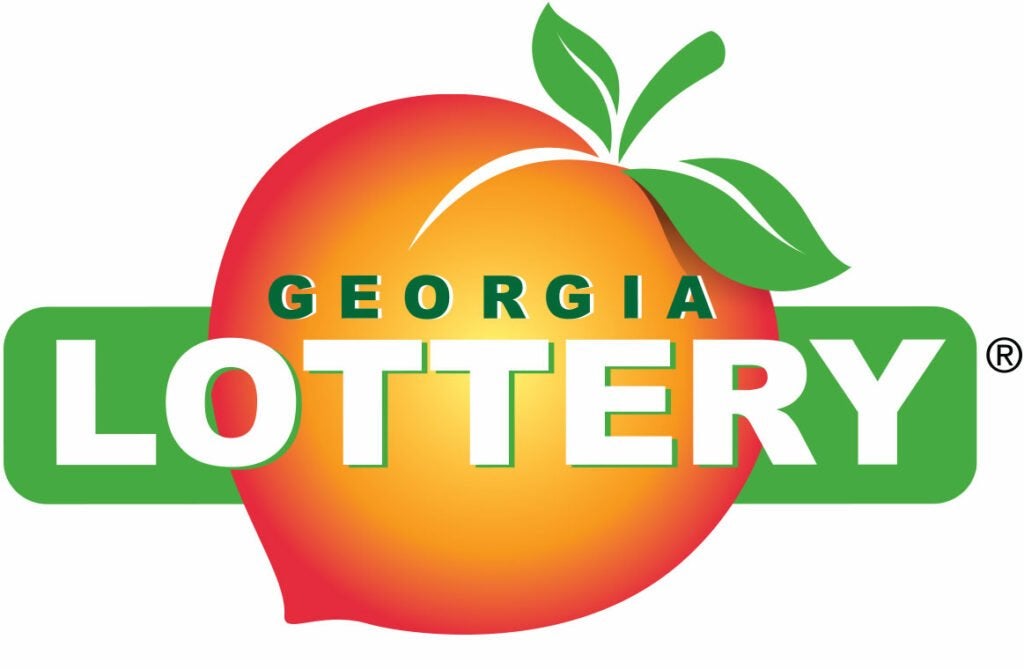Over the last few years, the volume of real estate wholesalers has increased substantially. The average consumer should be cautious when working with this group. Wholesalers are not flippers.
People who flip property buy it cheap, fix it up and then sell for a profit. Buyers should be wary of properties sold by flippers, but for different reasons. Wholesalers are people who get in the middle of a transaction between the buyer and seller. They often reap an unwarranted profit at the expense of both the buyer and seller.
Here is how wholesaling works.
The wholesaler finds an unsuspecting seller who typically is unrepresented. The wholesaler makes what the seller deems to be a fair offer; however, the offer is usually well below market value. Once the wholesaler has a written contract to purchase the property, he or she is in control, and the seller’s rights are very limited. The contract always has a provision that the buyer can assign their interest to another buyer for a fee.
Once the property is under contract, the wholesaler puts the property on the market using non-traditional methods such as social media. Often, the wholesaler uses large database email campaigns. Typically, these properties are not advertised through traditional channels such as the Multiple Listing Service (MLS) that REALTOR’s use, Zillow.com, Realtor.com or other credible websites.
The wholesaler is banking on finding a buyer who is not savvy enough to understand what is happening.
Upon finding a buyer, wholesalers assign their contracts to new buyers for a non-refundable fee. Sometimes the fee is paid to the wholesaler when the property closes. Usually, the fee is paid when the contract is assigned. At this point, the seller is getting below market for the sale, the buyer is usually overpaying, and they are both stuck with one another. The wholesaler has collected or earned his or her fee and is gone.
Sellers should avoid wholesalers. The easiest way to do that is to ensure the purchase contract does not have an assignment provision. If the buyer insists on the assignment provision, then sellers should demand the right to approve or reject any assignment of the contract. A seller could also include a provision that the assignment can only go to an LLC or other entity that the buyer owns 50 percent or more of. If the buyer will not agree to one or both of those terms, then the seller is likely dealing with a wholesaler. Vetting the buyer and her intentions is essential, so ask lots of questions.
Buyers should avoid wholesalers. Often, their advertisements are misleading. They create a sense of urgency to hype up demand that doesn’t otherwise exist. If the price and terms seem too good to be true, they probably are. Even experienced real estate purchasers need to look very closely at the property to figure out why it is being sold at what appears to be a steep discount.
Some contract assignments are legitimate. Not all assignments are by wholesalers, but anytime someone is trying to assign a contract for a fee, everyone should be very cautious and examine all the facts. Always seek counsel of an experienced professional.
Joe Edge is the real estate columnist and Publisher for The Augusta Press. Reach him at joe.edge@theaugustapress.com








